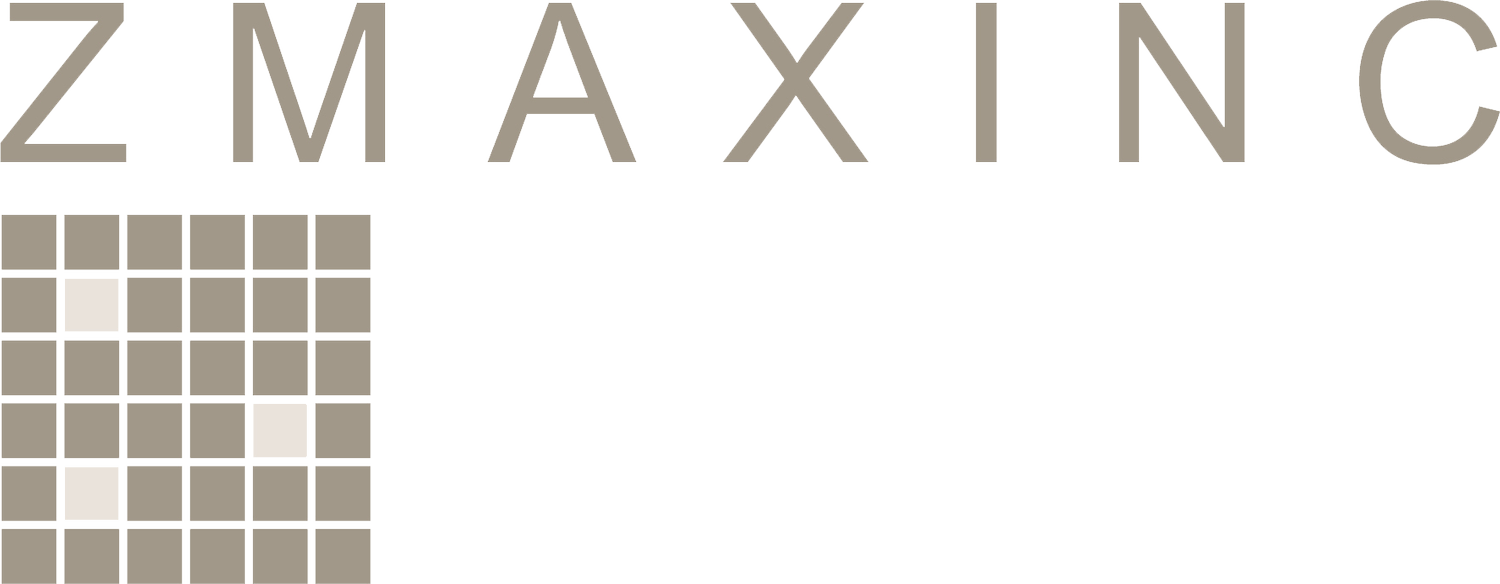Pursuing Diversity
Find diversely owned BPOs can be challenging, despite an industry push towards diversity.
To help celebrate and promote diversity, here are links to some of our favorite diversely owned BPOs:
If you are looking for a diversely owned BPO, here is a guide to help. Here is an explanation of different types of diverse ownership and how they are certified:
Women Owned Business
There are several organizations certify women-owned businesses. These include the Women's Business Enterprise National Council (WBENC), the National Women Business Owners Corporation (NWBOC), and the National Association of Women Business Owners (NAWBO).
In order to be certified as a woman-owned business, a company must meet certain criteria. First and foremost, the business must be at least 51% owned and controlled by one or more women. The women who own and operate the company must also be U.S. citizens or legal residents. Additionally, the business must be for-profit and must be located in the United States or one of its territories.
There are also some specific requirements that vary depending on the certifying organization. For example, the WBENC requires that a company be in operation for at least six months before applying for certification, while the NWBOC requires that the business be in operation for at least one year. Additionally, both the WBENC and NWBOC require that the women owners of the business be actively involved in the day-to-day management of the company.
Women-owned businesses often bring a unique perspective and skill set to their work. Studies have shown that companies with diverse leadership teams, including women, tend to perform better than those without such diversity.
Minority Owned Business
Certification as a minority-owned business is a process that recognizes and provides opportunities for businesses owned by individuals who belong to certain ethnic or racial minority groups. The certification process is typically administered by various organizations, including the National Minority Supplier Development Council (NMSDC) and the Small Business Administration (SBA).
To be certified as a minority-owned business, a company must meet specific criteria. First and foremost, the business must be at least 51% owned, operated, and controlled by one or more individuals who belong to certain ethnic or racial minority groups, including African American, Hispanic American, Native American, Asian Pacific American, or Subcontinent Asian American. These individuals must also be U.S. citizens or legal residents.
Veteran Owned Business
There are two different designations for veteran-owned businesses: VOSB (Veteran-Owned Small Business) and SDVOSB (Service-Disabled Veteran-Owned Small Business).
A VOSB is a business that is at least 51% owned and controlled by one or more veterans who were honorably discharged from the U.S. military. The veteran must also be a U.S. citizen. To qualify as a VOSB, the business must meet the size standards established by the Small Business Administration (SBA) for its industry.
An SDVOSB is a business that is at least 51% owned and controlled by one or more service-disabled veterans. In addition to meeting the ownership and control requirements of a VOSB, the veteran must have a service-connected disability that has been determined by the Department of Veterans Affairs (VA) or the Department of Defense. To qualify as an SDVOSB, the business must also meet the size standards established by the SBA for its industry.
The primary difference between VOSBs and SDVOSBs is that SDVOSBs have an additional requirement of having a service-connected disability. This distinction can provide certain advantages for SDVOSBs, such as access to set-aside contracts and other procurement opportunities specifically for SDVOSBs.
Disabled Owned Business
Except for military veterans, there is no federal certification for disabled-owned businesses in the United States. But there are several private organizations that offer certification programs. The requirements for certification as a disabled-owned business can vary depending on the organization, but some common criteria include ownership and control by a disabled individual.
The business must be at least 51% owned and operated by an individual or individuals with a disability, as defined by the certifying organization. Some organizations may require that the disability be a permanent condition that substantially limits one or more major life activities. The business must also be controlled by the disabled owner(s), meaning they have the power to make the day-to-day decisions and manage the company's operations.
Let’s Talk
If you are searching for a diversely owned customer support or back-office outsource partner, we would be happy to help. You can send an email to jwalter@zmaxinc.com for more information, of you can schedule a 15-minute zoom call below:
